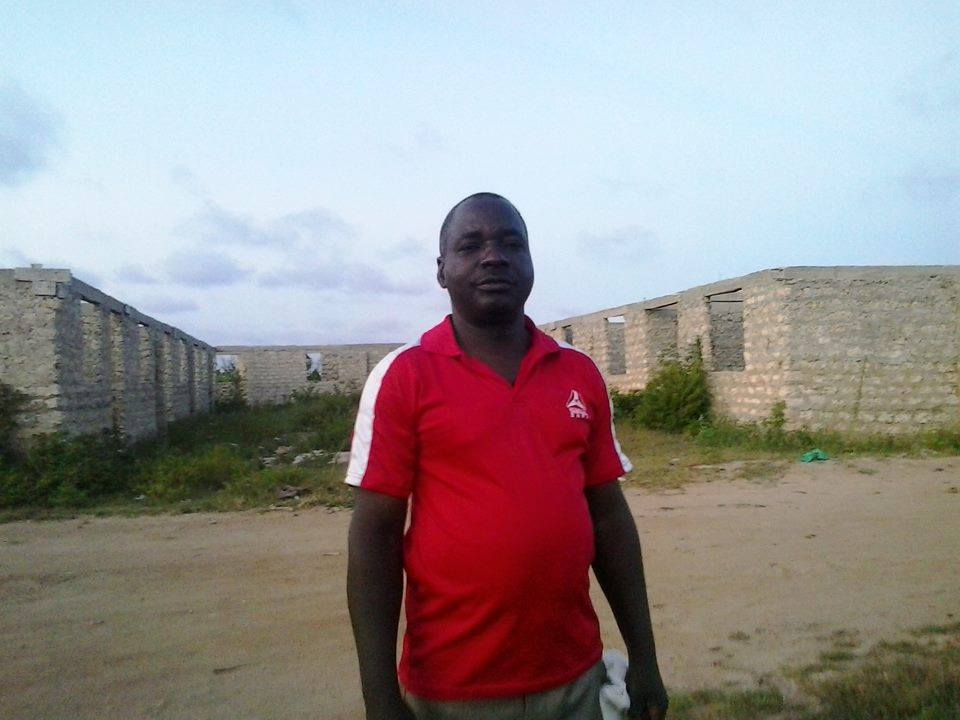Nardos Bekele-Thomas, the UN Kenya Resident Coordinator said at a media briefing in Nairobi that Kenya's progress towards achievement of the millennium Goal number two was inspiring.
"Since the introduction of the Free Primary Education programme in 2003, primary enrolment raised from 5.95 million children to 10.2 million children in 2013. The Net enrolment ratio in primary education has increased from 67.8 percent in 2000 to 95.9 percent in 2013 which indicates that Kenya is doing well compared to Uganda where net enrolment ratio has slowed and declined slightly to 83 percent in 2009/10 from 86 percent in 2002/03," Ms Bekele-Thomas told a press conference at a Nairobi hotel on Monday February 16.
She however noted that although Kenya is on track towards achieving the goal, disparities in access to education still exist in the Arid and Semi-Arid Areas as well as in the informal settlements.
Ms Bekele-Thomas said that overall Kenya had made steady progress on achievement of the millennium Development Goals since their declaration signed by 189 members of the United Nations in the year 2000.
The Declaration resolved to put in place actions that will lead to the reduction of extreme poverty by creating an environment conducive for human development to be achieved by 2015.
"Kenya is on course to achieve three MDGs on poverty, school enrolment and gender equality. However, the country must intensify action on high maternal, infant mortalities and poor sanitation," she said.
The UN agencies in Kenya last year launched a joint development assistance framework to address pressing challenges like diseases, hunger, climate change and illiteracy in the east African nation.
Bekele-Thomas said UN agencies have partnered with the national and county governments to streamline implementation of development programs at the grassroots level.
"Kenya must invest in food security, education, health and environmental conservation to achieve sustainable development," Bekele-Thomas said, noting that innovative partnerships were crucial to accelerate progress on MDGs.
Country On Track to Achieving Universal Primary Education, UN Says


